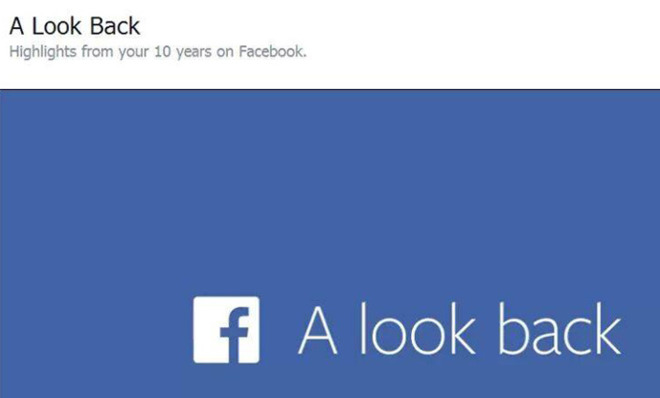What a new policy on dead users says about Facebook
It's ironic that it took a high-profile YouTube campaign to reach the social media giant

A free daily email with the biggest news stories of the day – and the best features from TheWeek.com
You are now subscribed
Your newsletter sign-up was successful

Facebook's Community Operations team has announced it is changing the privacy settings on accounts for deceased users to reflect the settings they chose in life.
Before the new policy, Facebook automatically set accounts to "friends only" after a user died, meaning that only those directly connected to them in life could see their profile. Under the "memorialization" policy introduced in 2009, these friends could continue to post messages on a friend's profile after they had died but these would not be public.
Now Facebook will automatically use the setting you used in life after you die. If your profile was public, it will continue to be public, if it was set to "friends only," it remains open to friends only and if it was set to "friends of friends," that will continue too.
The Week
Escape your echo chamber. Get the facts behind the news, plus analysis from multiple perspectives.

Sign up for The Week's Free Newsletters
From our morning news briefing to a weekly Good News Newsletter, get the best of The Week delivered directly to your inbox.
From our morning news briefing to a weekly Good News Newsletter, get the best of The Week delivered directly to your inbox.
The Community Operations Team also say families of the bereaved will be able to request a Look Back video summarizing the high points of their Facebook content over the years. This is a service already proving popular among living Facebook users.
The move to make Look Back available to the bereaved appears to have come in response to a request made by bereaved father John Berlin. John's son Jesse died in 2012, but he could not make a Look Back video, because he couldn't access Jesse’s account. His emails to Facebook met with no response, but an emotive YouTube appeal with nearly three million hits did the trick.
It's ironic that it takes a high-profile YouTube video to reach Facebook — the social media site devoted to keeping us all connected. The driver for responding to users' complaints seems to be the risk of bad press, rather than user satisfaction.
It's certainly hard to make contact with Facebook. Chris Price and Alex DiSclafani, the authors of the post put out by the Facebook Community Operations Team, are themselves faceless representatives of the company for many people. There are links to their Facebook profiles in the message they posted about the new memorial settings, but they appear to be only open to Facebook users. People who have lost family members but do not have Facebook accounts of their own are likely to receive error messages when they click on the links.
A free daily email with the biggest news stories of the day – and the best features from TheWeek.com
Facebook's help page exists to show you how to "contact Facebook" but provides no direct contact information and is largely populated with links to user forums. That's even for users with Facebook accounts.
If our expectation is for Facebook to serve us as its clients, then this seems sloppy. But it's a pretty smart strategy, if you look at it from a different perspective. Customer support costs money. We, as users, don't pay Facebook for its services. Users are arguably a Facebook product rather than its customers.
Facebook's marketing materials encourage its paying customers — businesses — to use Facebook to "find new customers," "boost sales," and to "meet the people who’ll love your business." It invests heavily in supporting these customers, because they're the ones that help make Facebook a going concern.
It is laudable for Facebook to be responding to the requests of the bereaved, and I hope that these changes in privacy settings for memorialized pages are a positive step.
But it's difficult not to think about Facebook's reputation for making money from user information. It was estimated that 2.89 million Facebook users would die in 2012, for example. That's a lot of dead people to have lying around online. It will be interesting to see if they also have a "value" that Facebook can leverage or if the latest privacy changes are simply a welcome example of a compassionate social media service responding to its users.
More from The Conversation:
-
 The environmental cost of GLP-1s
The environmental cost of GLP-1sThe explainer Producing the drugs is a dirty process
-
 Greenland’s capital becomes ground zero for the country’s diplomatic straits
Greenland’s capital becomes ground zero for the country’s diplomatic straitsIN THE SPOTLIGHT A flurry of new consular activity in Nuuk shows how important Greenland has become to Europeans’ anxiety about American imperialism
-
 ‘This is something that happens all too often’
‘This is something that happens all too often’Instant Opinion Opinion, comment and editorials of the day